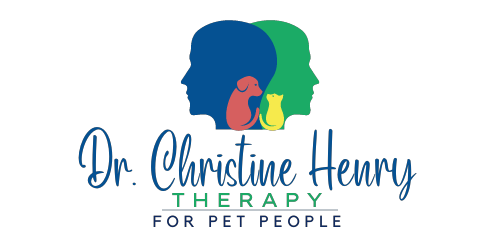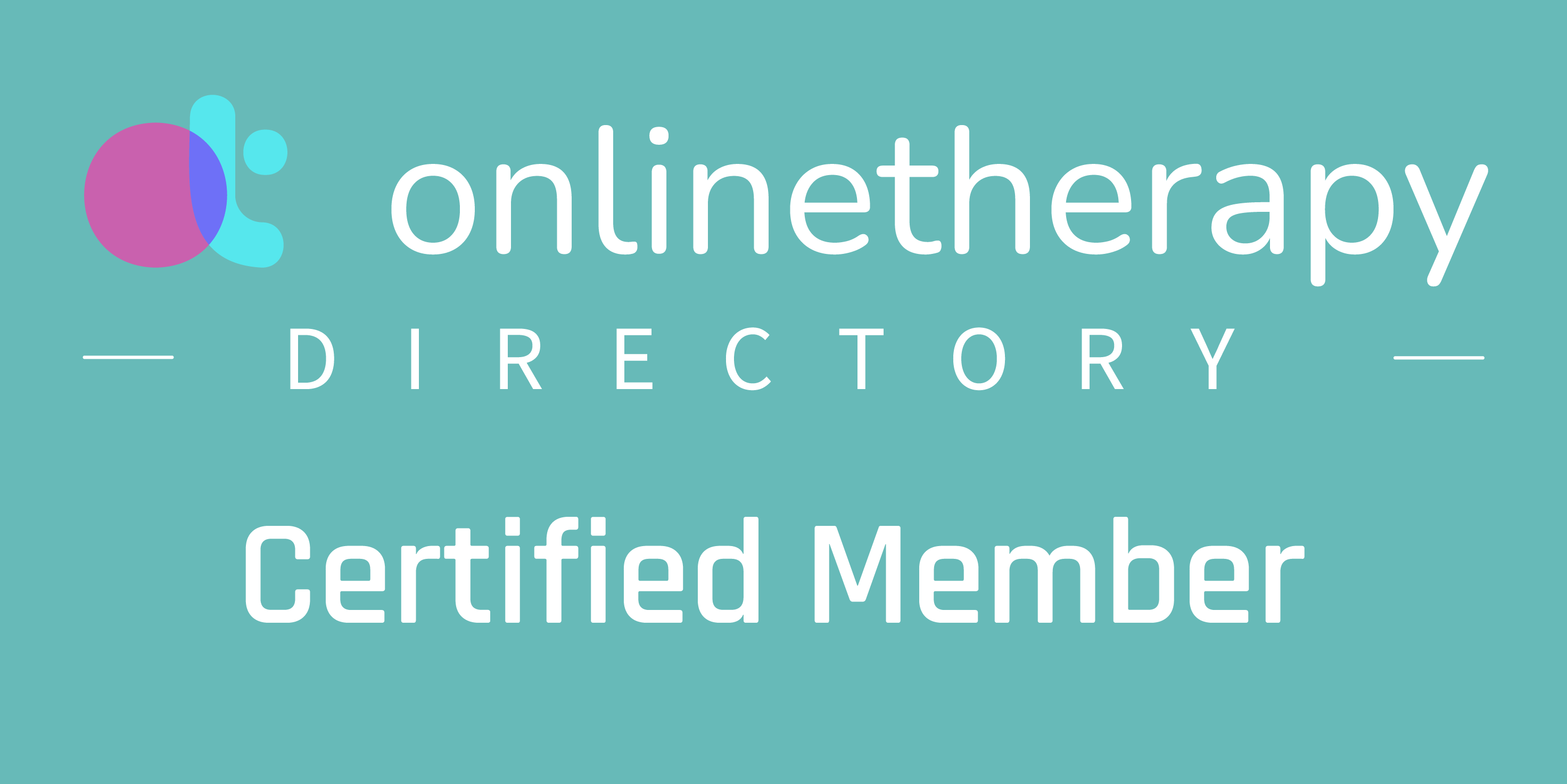Do You Trust Animals More Than People?
Licensed Psychologist Dr. Christine Henry is located in Houston, Texas but offers exclusively online therapy appointments in 38 states in the US.
Schedule a free 20-minute video consultation with me to see how I can help. Fill out a contact form, and I'll email you to set it up. (no phone call required).

Struggling to Connect With People
You lay in bed awake at night re-running events from your past. “Why did I say that?” or “What did they mean when they said this?” You overhear coworkers making plans to hang out after work but they don’t invite you. While it hurts to feel excluded, you know that you would’ve made an excuse not to go anyway. Thank goodness you have your pet to cuddle with at home.
Even after exploring self-help books, tuning into podcasts, and reflecting deeply, they find themselves still having symptoms of depression and anxiety. Overanalyzing everything becomes exhausting, and the events from their past continue to affect your present.
Their brain is always running in multiple directions and they have a hard time completing tasks. Despite creating various organizational methods, they never seem to be effective.
Asking for help is difficult. They often prioritize other people's problems and feelings over their own.
As a highly sensitive person, they often feel others' emotions deeply, as if they were their own. Managing their own emotions can be overwhelming
They hide their true self because when they have been themselves before, people rejected them. They feel different from everyone else and not sure why.
They avoid conflict at all costs, frequently suppressing their own needs and emotions to prioritize the happiness of others.

People can get so focused on being the person others want them to be that they get lost along the way.
Therapy Can Help!
You can finally feel good enough. You can learn to embrace your strengths, acknowledge your accomplishments, and let go of self-doubt.
We can help you understand and let go of your past so you can live in the present.
Together we can help you figure out how to regulate your nervous system and find ways to accommodate your sensory preferences in your day to day life.
We will develop strategies that work with your brain instead of against it.
You can learn who you really are and what you want. It might feel strange or uncomfortable at first, but think about how you would encourage someone else facing similar challenges. Just as you'd support them, it's important to give the same care and attention to yourself.
We will help you start to let people see the real you and stop using so much energy in putting on a mask around others. It can feel nice to be appreciated for who you truly are, rather than the person you believe others want you to be.
You can learn how to set boundaries and be assertive with others.
We can assist you in discovering ways to connect with people who values and embraces the real you.
My Therapy Style
In the midst of exploring and working through deep emotional topics, I often lighten the mood by quoting movies and sharing a good laugh. You won't need to wonder about my thoughts, as I am open and transparent in sharing them with you.
If you have your pet by your side during our session, I will enlist their help in our work. I find that they let me know you are struggling even when you don’t realize it. A cat butt in the camera often tells me that you need some extra support.
I believe that the key to effective therapy is feeling comfortable with your therapist. To ensure we are a good fit to work together, I offer a free 20-minute consultation for us to connect and discuss your needs. (No phone call needed).
Frequently Asked Questions?
-
Although research indicates that weekly therapy sessions are most effective, I recognize that this may not be practical for everyone. I've noticed that some people can get better by going to therapy every other week. Nonetheless, there are situations where weekly therapy is deemed necessary.
-
I don't take insurance directly, but I can give you a 'superbill' for records. If your insurance covers out-of-network services, you can send it to them to see if you can get reimbursed.
-
I combine ideas from attachment theory, polyvagal theory, narrative therapy, psychodynamic principles, and interpersonal neurobiology in my therapeutic approach. I might also include some sprinkles of cognitive-behavioral therapy as well.
-
I received my master’s degree in mental health counseling in August 2002 and my Ph.D in August 2008. Both from Purdue University. I started doing clinical work during my first rotation in 2001.
For further details on my specific methods for addressing adult ADHD/autism, highly sensitive individuals, complex trauma, or religious trauma, please click on the buttons below.
-

Grief Therapy
Explore ways go on living when someone you loves dies.
-

Trauma Therapy
Learn how to heal from trauma, open up about your past, accept support, and trust others.
-

Therapy for The Highly Sensitive Person
Learn how to cope with being a highly sensitive person (HSP).
-

Religious Trauma
Therapy for those who have experienced spiritual abuse.
-

Therapy For Therapists
For therapists to process their own emotional issues. You deserve to live a fulfilling and happy life as well.
-

Individual Therapy
A place to feel acceptance as you to process your thoughts and feelings without judgment.
-

Group Therapy
Group is where individuals come together to support one another through similar life struggles and find new ways of coping.
-

Biofeedback
Connect with your body and learn how to regulate your emotions.






